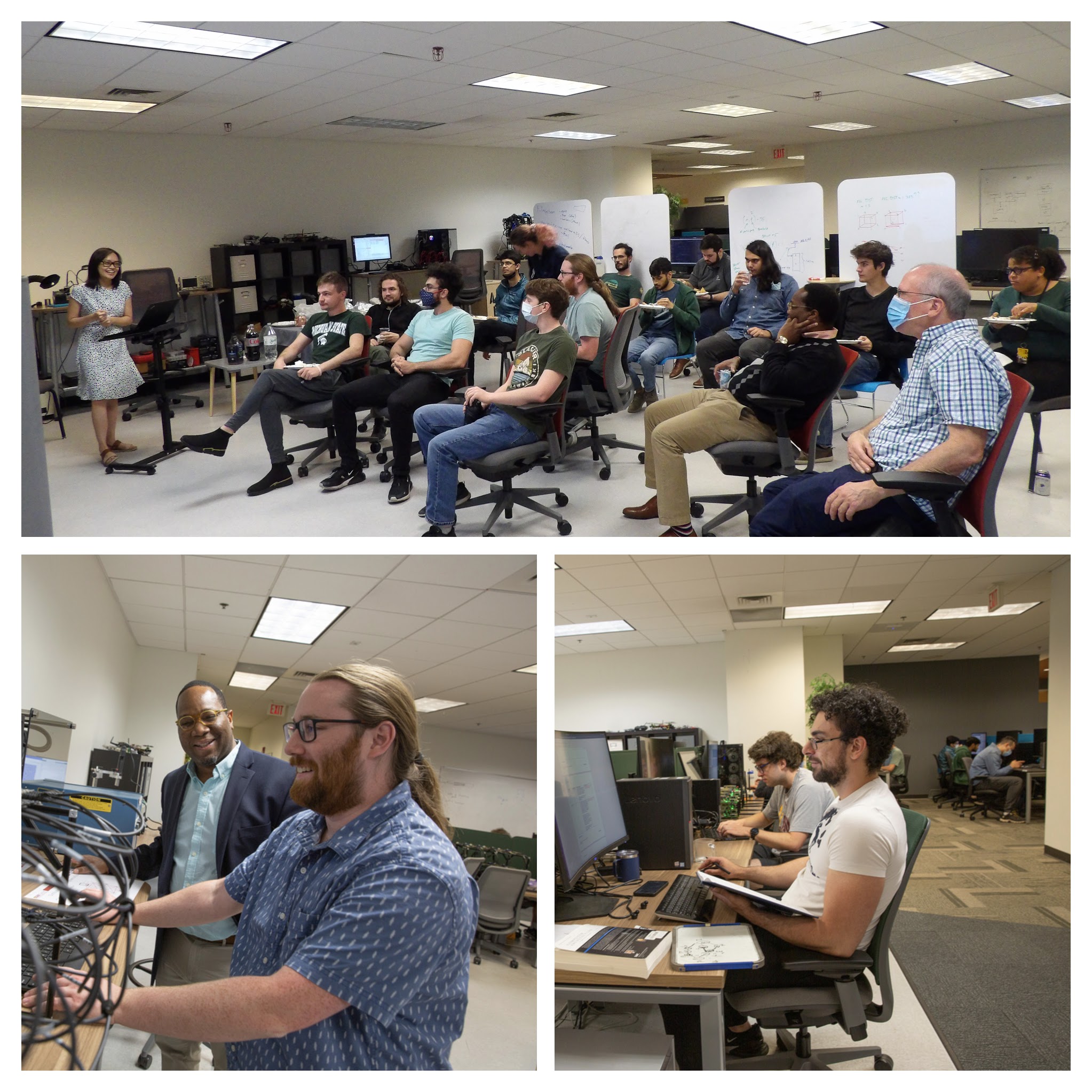Center Members
Leadership
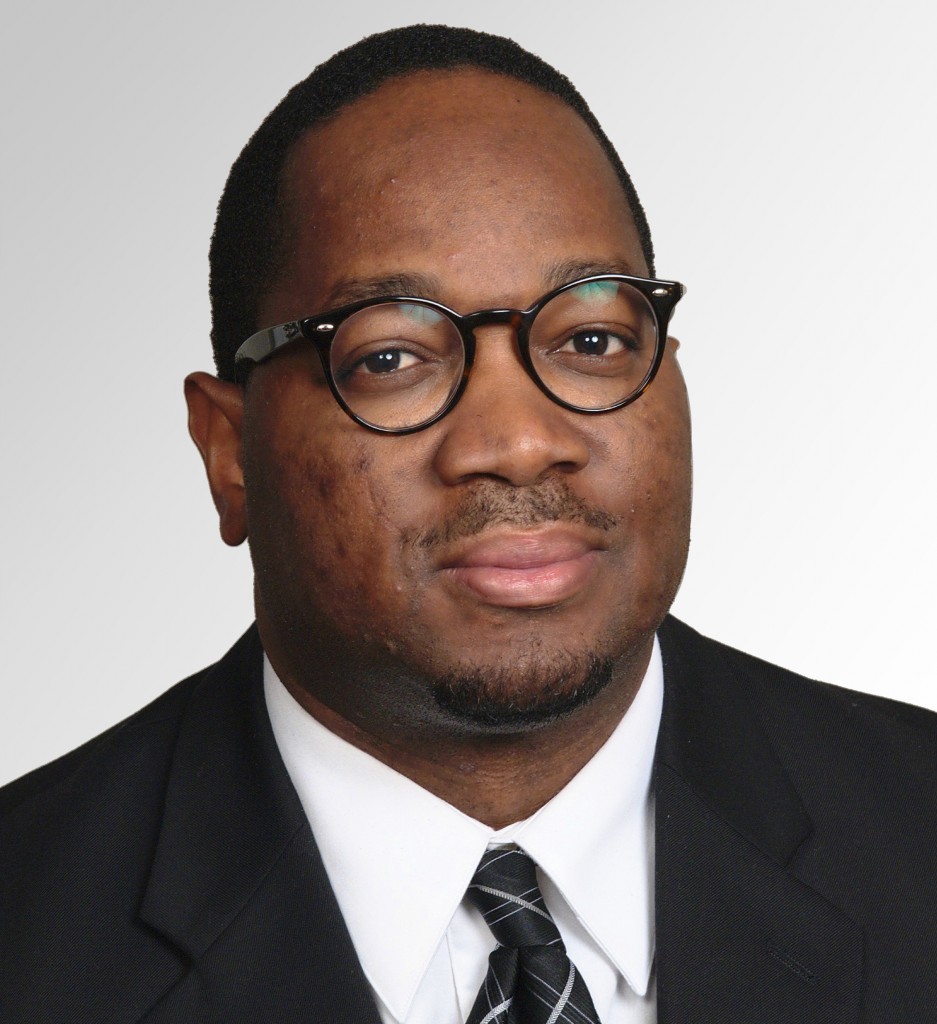
Michel A. Kinsy
Center Director
Associate Professor in the School of Computing and Augmented Intelligence (SCAI), Ira A. Fulton Schools of Engineering, Arizona State University. Dr. Kinsy focuses his research on microelectronics security, secure computer systems, hardware-level security, and efficient hardware design of post-quantum cryptography systems. Before joining the ASU faculty, Dr. Kinsy was a tenured associate professor in the Department of Electrical and Computer Engineering at Texas A&M University (TAMU) and the Associate Director of the Texas A&M Cybersecurity Center. He also held faculty positions at Boston University and University of Oregon. From 2013 to 2014, he was a fully-cleared Member of the Technical Staff at the MIT Lincoln Laboratory and a researcher at the MIT Institute for Soldier Nanotechnologies from 2009 to 2013. Dr. Kinsy is an MIT Presidential Fellow and an Inaugural Skip Ellis Career Award recipient. He earned his PhD in Electrical Engineering and Computer Science in 2013 from the Massachusetts Institute of Technology (MIT).
Administrative Staff

José Moreno
Associate Research Technologist
Assistant Director of Education & Outreach
Mr. Moreno leads the center’s educational and outreach programs. He is a US Army Signal Officer Veteran with experience leading and developing teams in IT-related operations and management. He served the US Army in many theaters including deployments to Iraq to establish and manage communication and information networks and directing network operations for the US Army Japan mission. In his role, Mr. Moreno focuses on a greater alignment of the center’s experiential learning in secure microelectronics with the DoD technical training needs.
Education
Masters in Art and Science of Warfare, National Defense University, Pakistan
Defense Language Institute, Hindi Language, Diploma, Monterey, CA
Bachelor of Arts in Anthropology, Arizona State University University

Maleinda Fields
Proposal/Grant Manager
Mrs. Fields manages the center’s proposals and financial activities. She has over 16 years of experience with preparing budgets and financial reports. She works closely with the director, researchers, students, affiliated faculty, academic collaborators, and industry partners in reviewing calls for proposal, preparation and submission of proposals, and managing the financial aspects of projects, including expenditure forecasting, strategic planning, sub-contracting, and spending plan reporting. Ms. Fields has studied communications, business accounting, and office administration.
Education
Public Management, University of Guyana
Principles of Accounting, Associate Degree, Charlestown Government Secondary School, Guyana
Lead Researchers

Muslum Ozgur Ozmen
SECPS Laboratory Research Lead
Dr. Ozmen is an Assistant Professor within the School of Computing and Augmented Intelligence (SCAI) at the Ira A. Fulton Schools of Engineering at Arizona State University, and heads the Secure and Resilient Cyber-Physical Systems (SECPS) Laboratory. He completed his Ph.D. in Computer Science at Purdue University under the guidance of Dr. Z. Berkay Celik. Dr. Ozmen’s research is centered around enhancing the security and privacy of emerging computing platforms and their interactions with physical surroundings, utilizing systems design, formal methods, machine learning, and applied cryptography. He has been recognized with the Diamond Award for Academic Excellence from the Center for Education and Research in Information Assurance and Security (CERIAS) as well as the Computer Science Merit Recognition Award at Purdue. His research has been featured in publications at prestigious security conferences such as IEEE S&P, ACM CCS, Usenix Security, and NDSS.
Research Focus Dr. Ozmen’s area of expertise lies in addressing the safety, security, and privacy concerns associated with Internet of Things, autonomous vehicles, robots, and industrial control systems.
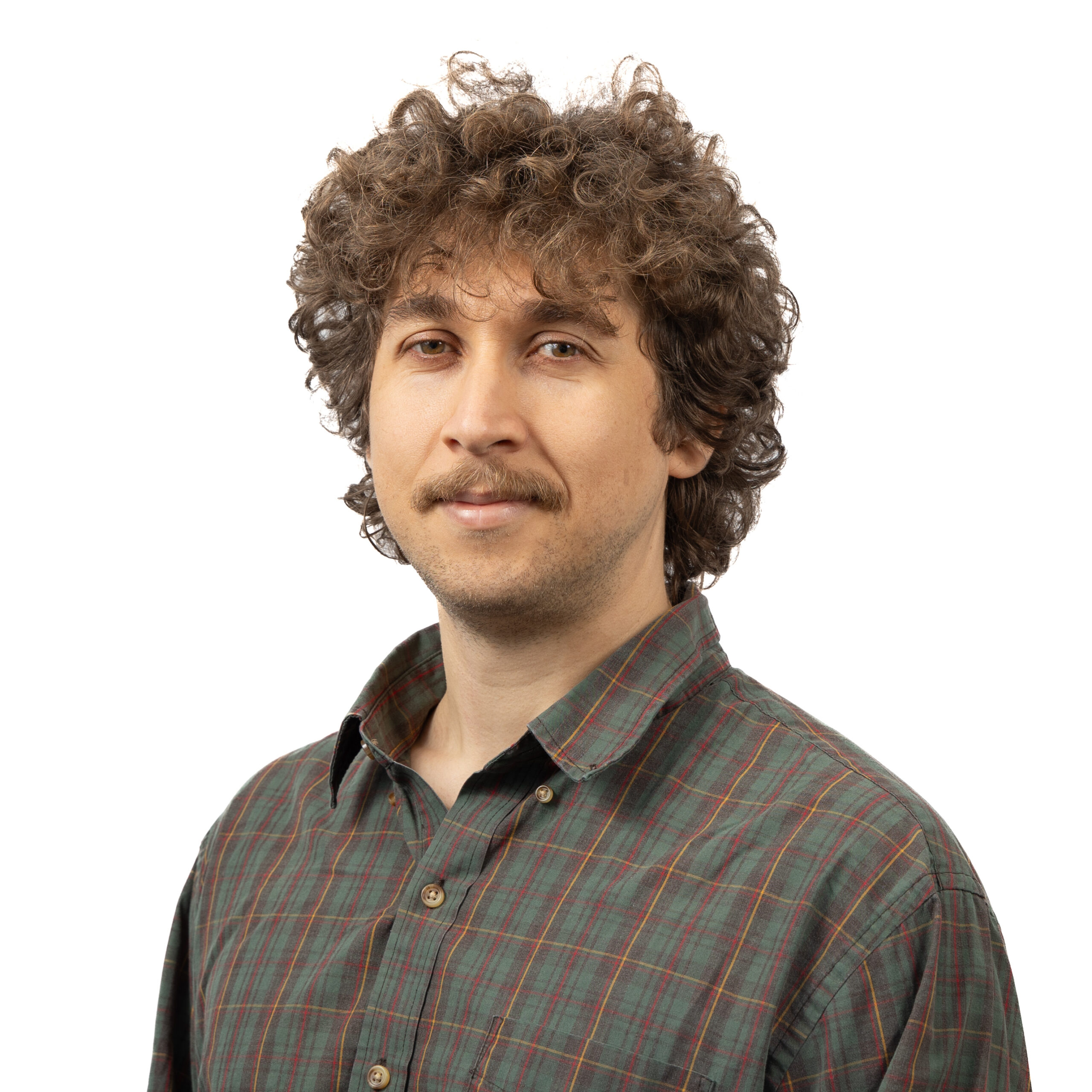
Dhiego Souto Andrade
AITS Laboratory Lead Researcher
Dr. Andrade is an AI Security Researcher and leads the Artificial Intelligence Technology and Systems (AITS) Laboratory at the Secure, Trusted, and Assured Microelectronics (STAM) Center within the School of Computing and Augmented Intelligence. He is a proficient Data Scientist and Bioinformatician, with a Bachelor’s degree in Computer Science, along with a Master’s and Ph.D. in Bioinformatics. His industry background includes the application of data science methodologies to the energy sector. Dhiego specializes in creating advanced data frameworks and solutions designed to propel the field of biomedical science forward.His expertise encompasses machine learning, complex networks, big data analytics, cancer research, and optimization techniques. Dr. Andrade is committed to continual advancement and aims to utilize his skills in order to promote privacy-preserving computational advancements.
Current Research Focus Dr. Andrade research focus lies in developing robust artificial intelligence and machine learning algorithms with a particular emphasis on security and privacy.
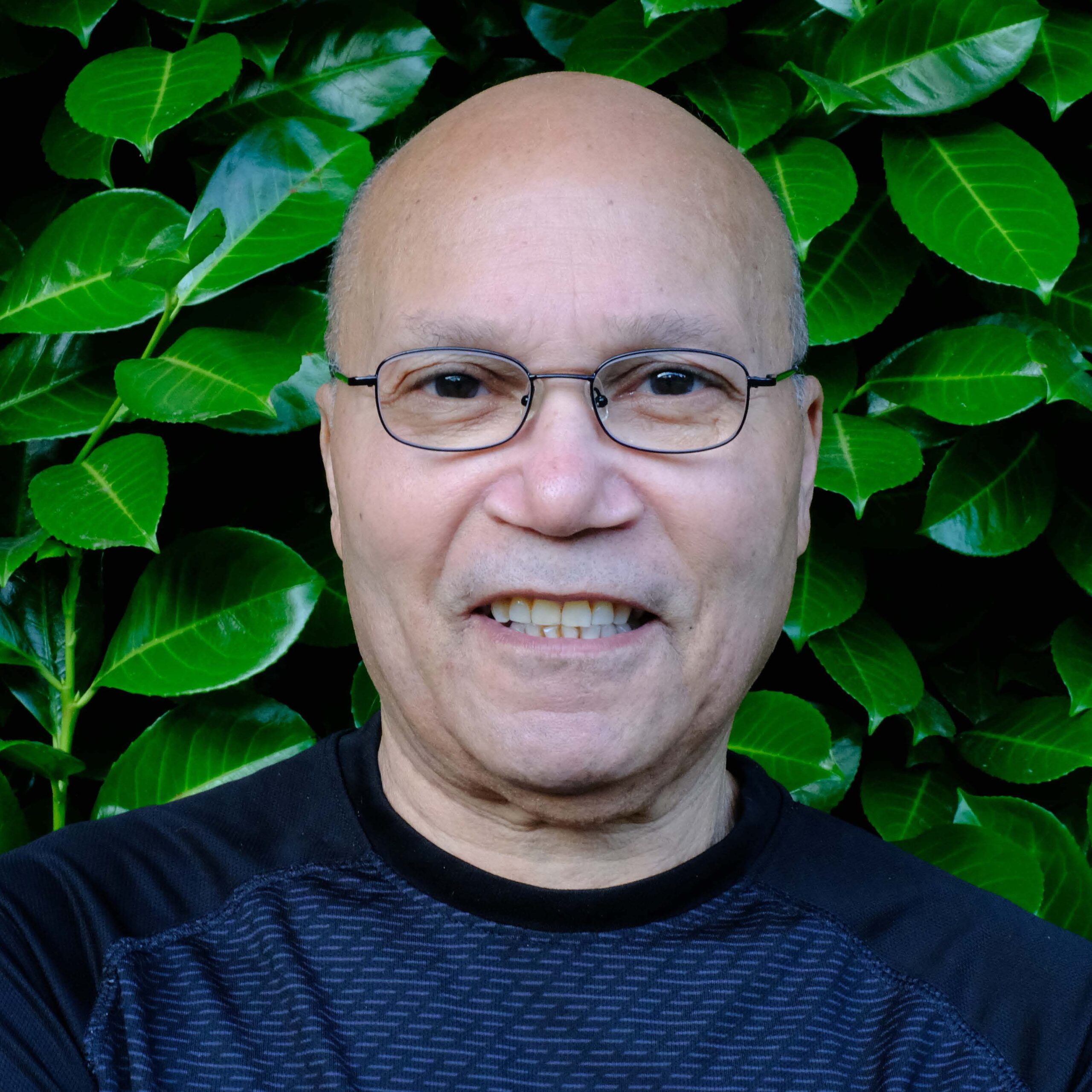
Bryant W. York
Senior Applied Cryptography Researcher
Dr. York earned the A.B. in Mathematics from Brandeis University (1967), the M.S. in Management from MIT (1971), the M.S. (1976) and Ph.D. (1981) in Computer Science from the University of Massachusetts – Amherst. He was a Research Staff Member at the IBM San Jose Research Labs (1979-1983), a Consulting Engineer at Digital Equipment Corporation’s Artificial Intelligence Center (1983-1986), associate professor of computer science at Boston University (1986 – 1991) and Northeastern University (1991 – 2001), and professor of computer science at Portland State University (2001 – 2019). He also served as a program officer at the National Science Foundation (1990-1991); served on the advisory committee to the Computer Information Science and Engineering Directorate (CISE) of NSF (1992-1998, 2002-2006); and served on the advisory committee to the Education and Human Resources Directorate (EHR) of NSF (2008 – 2014).
Current Research Focus Post-quantum cryptography, computational algebra, and crystallographic computations.

Kevin W. Rudd
Senior Computer Systems Researcher
Dr. Rudd is a Computer Systems Researcher at the Laboratory for Physical Sciences and formerly led the Computer Architecture and Computer Engineering team. He has performed research in the areas of advanced computer architecture, emerging memory technology, and rapid development and deployment. He is the sole or first inventor on four hardware–software co-design patents. Dr. Rudd has worked in government, industry, academia, and the military and received his Ph.D., M.S., and B.S. in Electrical Engineering from Stanford University.
Current Research Focus Dr. Rudd is working on enterprise-class computer architecture enhancements extending commodity architectures (like Arm and RISC-V) to support large address spaces providing scalability, abstraction, and safety & security.
Current Research Focus Secure Computer Architecture Design, Secure and Safety in High-Performance Architecture, Trusted Execution Environments
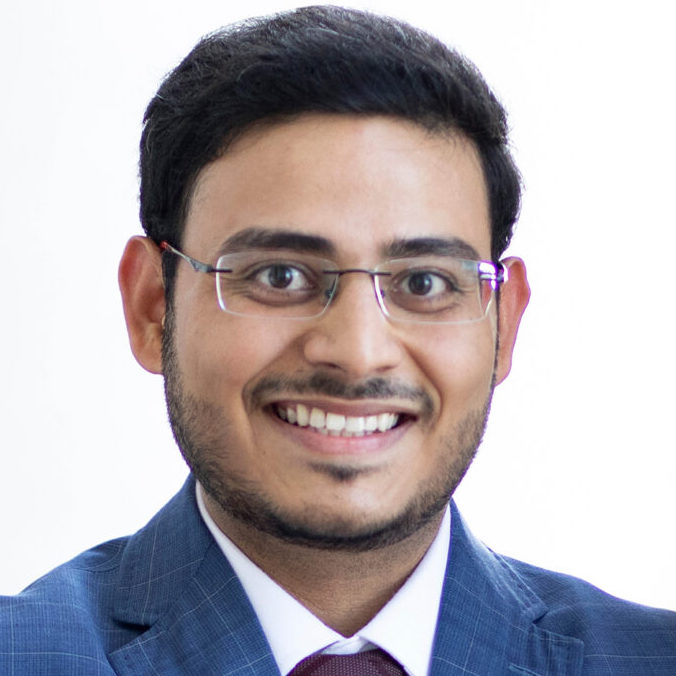
Ashif Iquebal
Assistant Professor/Center Affiliate
Dr. Ashif Iquebal is an assistant professor of Industrial Engineering in the School of Computing and Augmented Intelligence at ASU. Prior to this, he obtained his Ph.D. in Industrial and Systems Engineering (2020) and a Master’s degree in Statistics (2019) from Texas A&M University. His research focuses on developing methodological foundations in data science and machine learning, particularly on statistical representation and quantification of high-dimensional data, active learning, and inverse models with applications in smart and cyber manufacturing. He received the Pritsker Doctoral Dissertation Award from the Institute of Industrial and Systems Engineering (IISE) in 2021. In the past, his research papers were recognized as winners/finalists for five best student paper/poster awards at INFORMS, IISE, and the American Statistical Association conferences.
Research Project: Develop a new agent-based methodology for secure federated smart manufacturing (FSM).

Andy Glew
Senior Security Researcher
Mr. Glew is a Computer Architect and an industry veteran, with a career spanning almost 40 years. He was a Computer Architect at Intel and AMD, and a Principal Computer Architect at SiFive, Nvidia, and Imagination Technologies, and MIPS Technologies. He is best known for being one of the five principal architects of the Intel P6 Pentium Pro processor, the most profitable CPU microarchitecture in history. Mr. Glew holds over 120 patents. He is an Intel Achievement Award recipient. He has a B.Eng. (EE) degree from McGill University in 1985, an M.Sc. in Electrical and Computer Engineering (MSEE) from University of Illinois at Urbana Champaign with the Center for Reliable and High-Performance Computing in 1991, had four years of computer science doctoral training from University of Wisconsin (1996-2000).
Current Research Focus Mr. Glew focuses his research on Computer Architecture with an emphasis on instruction set architecture (ISA) design, microarchitecture, and computer security, including capabilities and code/control flow integrity.
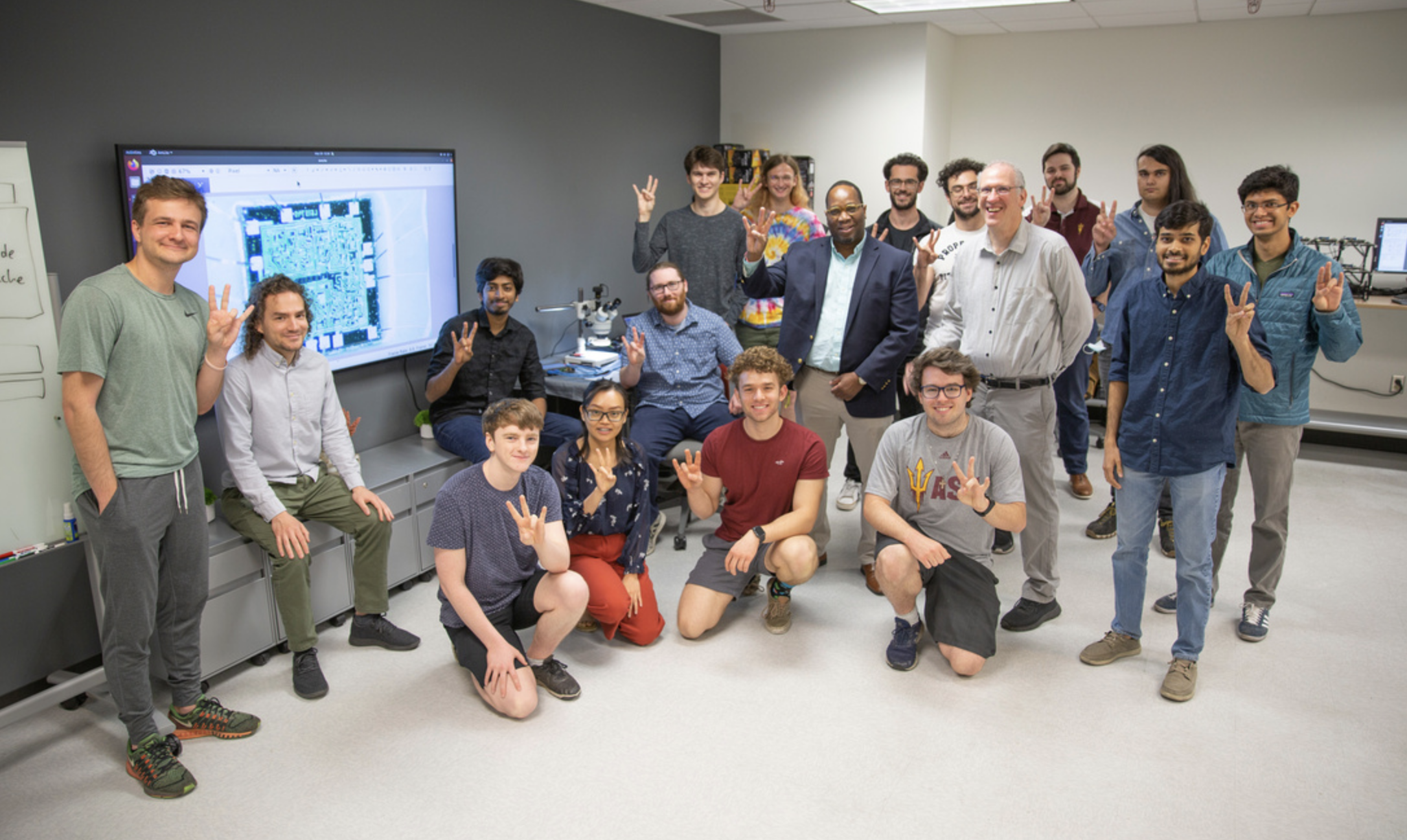
Spring 2022 STAM Center Researchers
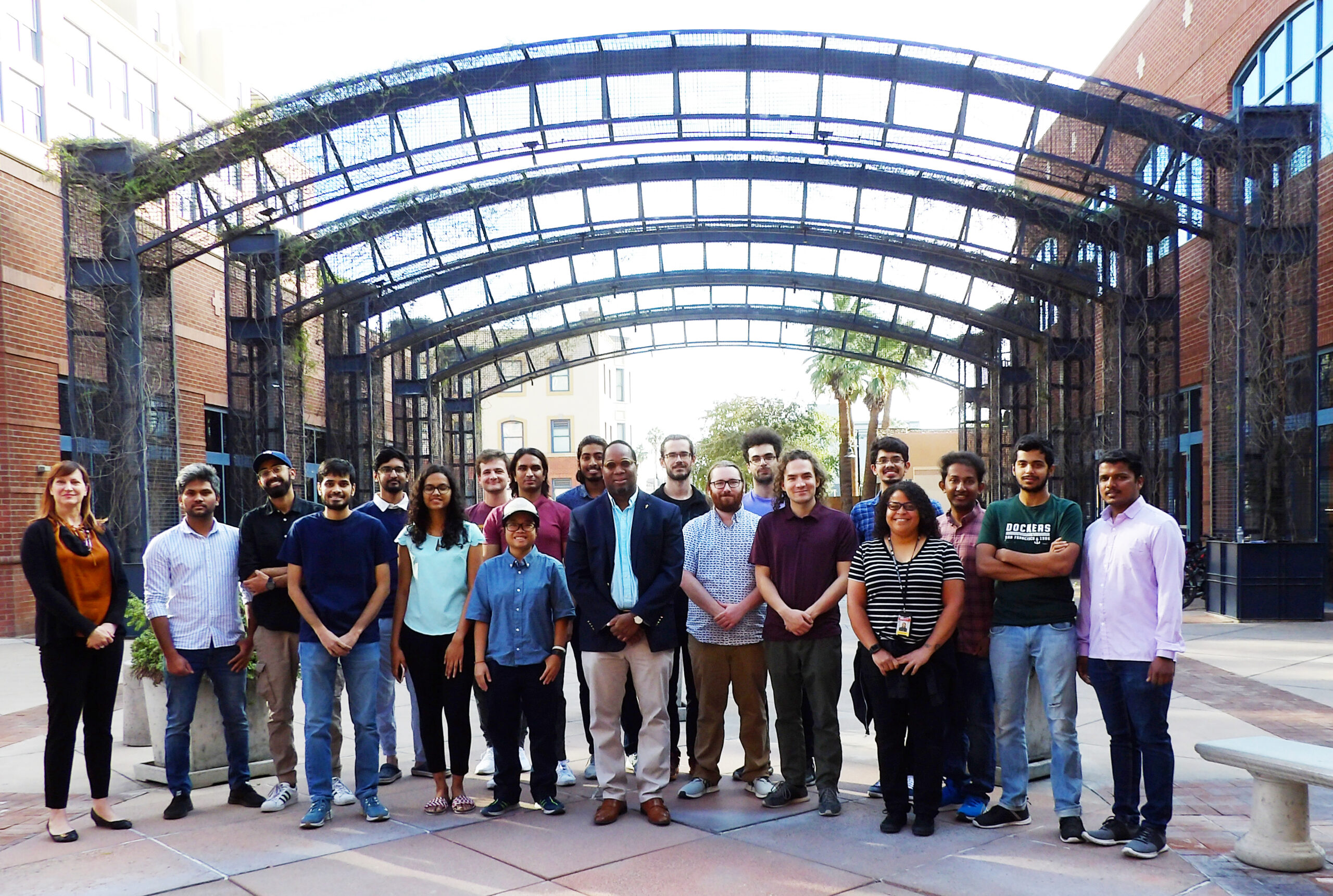
Fall 2021 STAM Center Researchers & Staff
